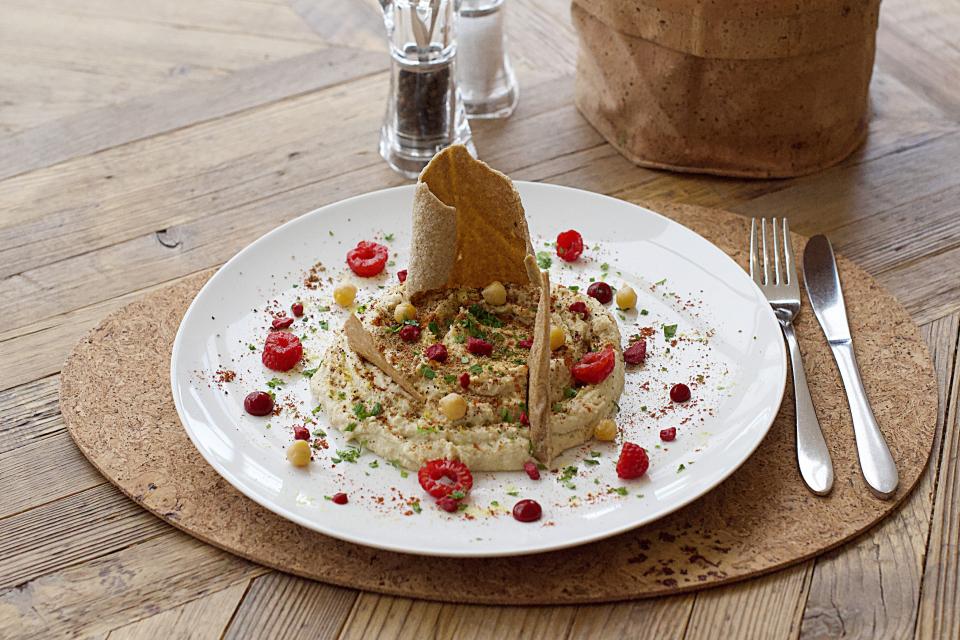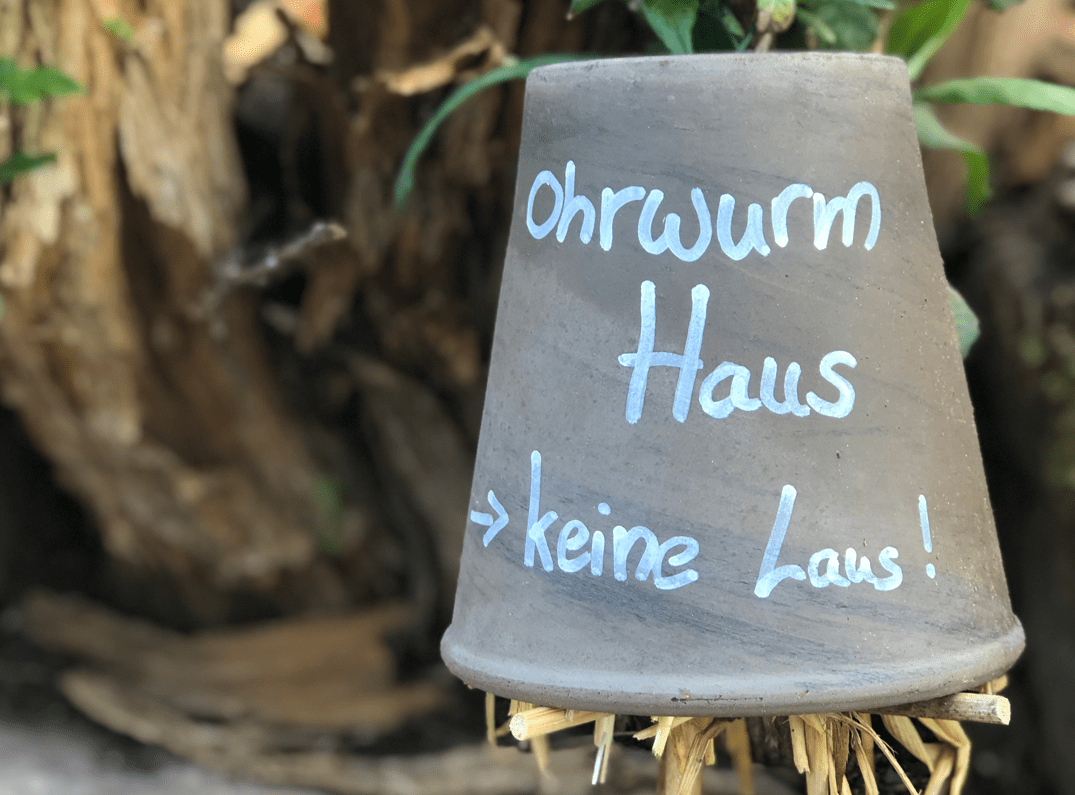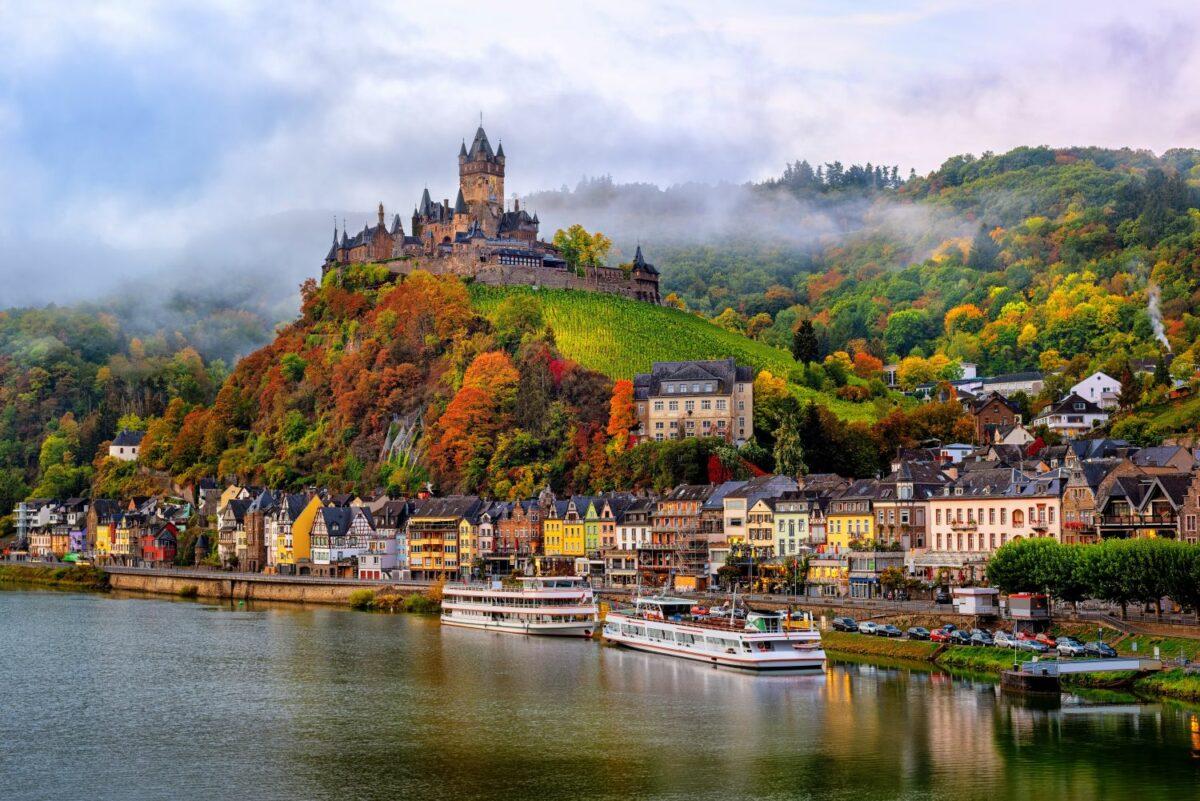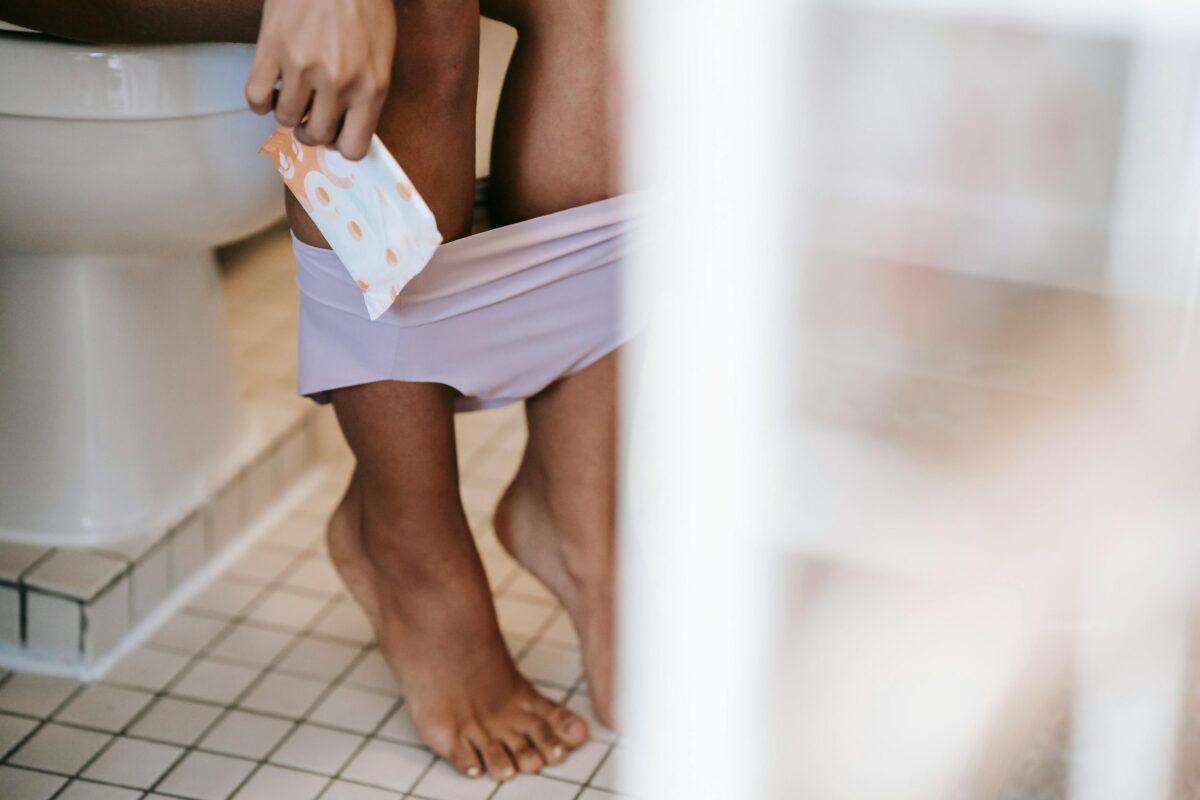In May 2023, the environmental organization Greenpeace published ten points on how each one of us can get involved in species conservation in our everyday lives. For your garden, you can promote biodiversity through flowers, insect hotels and earwig houses. IMAGE Ⓒ SCHWARZWALD PANORAMA
10 Simple Tips for Everyone to Save Species
The scale of the current species crisis is unpredictable. No one knows what will happen if an entire species suddenly ceases to exist. What is clear, however, is that the ecosystem will be disrupted. The consequences can be devastating and in some cases irreversible. Following the 10-point plan of the Greenpeace media project grad.jetzt, we would like to present some simple tips for everyday life:
#1: Don’t buy products from endangered species
Caviar from sturgeon, ivory souvenirs from your vacation … anything for which endangered species are known to die, you should not buy.
#2: Reduce paper and packaging waste
When we think of packaging waste, we often think of the evil plastic and prefer the good cardboard. But the enormous amount of wood needed to make paper and cardboard threatens entire forests that are home to valuable biodiversity. Try to avoid to-go packaging and online shopping (in addition to avoiding plastic packaging, of course!).
#3 Shop at markets
An eco-friendly alternative to online shopping is to visit weekly markets with unpackaged food from local vendors, as well as flea, vintage and craft markets. This is more resource-efficient because transportation distances are shorter and packaging waste is eliminated (especially if you bring your own bags and reusable containers). And, of course, you know already that used goods are more environmentally friendly than new goods.
Read more about this in our blog post: Zero Waste Shopping-Guide
#4 Avoid pesticides
Pesticides, insecticides, herbicides, fungicides – they all destroy biodiversity. In your own garden, avoid them completely.
#5 Buy, eat and wear organic
Chemical pesticides are banned in organic farming, which is why biodiversity is significantly higher on organic farmland. You can help protect biodiversity in your everyday life by buying organic food and textiles.
#6 Clean and wash organically
Many detergents and fabric softeners contain chemicals that end up in wastewater. Use organic cleaning and laundry products. Look for trustworthy environmental labels.
For suggestions on green cleaning, see our article on sustainable cleaning practices in hotels.
#7 Use public transportation
Fossil fuels are a huge environmental burden. This starts with the environmental damage caused by their production and ends with the air pollution that affects trees and green areas near roads. For daily use, try to choose an environmentally friendly means of transportation.
When traveling, you can do this by taking the bus or train.
#8 Eat a more plant-based diet
Meat production requires cheap feed, which leads to the cultivation of vast monocultures of corn and soy. According to grad.jetzt, feed production has displaced biodiverse forests, rainforests and grasslands worldwide. Meat-free food is therefore also a contribution to species conservation. In some Green PearlsⓇ hotels, such as LA VIMEA and Paradiso Pure.Living (both in South Tyrol), only vegan/vegetarian food is served.

#9 Plant biodiversity friendly
You can also actively promote biodiversity in your environment by planting insect- and small animal-friendly plants. Plant flowering plants, choose native species and avoid excessive lawn mowing and sealed surfaces.
The SCHWARZWALD PANORAMA in the spa town of Bad Herrenalb has transformed its own snack garden into a “species garden”. There is a hedgehog nest, a lizard rock pile, earwig houses, an insect hotel, a bird house, and a bee colony.
#10 Sustainable Travel
As a final tip, of course, we have to promote ourselves. Many of the sustainable Green PearlsⓇ accommodations are actively involved in conservation and try to keep their ecological footprint as small as possible.
What else is important to you? This is by no means an exhaustive list. Leave a comment and tell us how you can make conservation a part of your everyday life.




